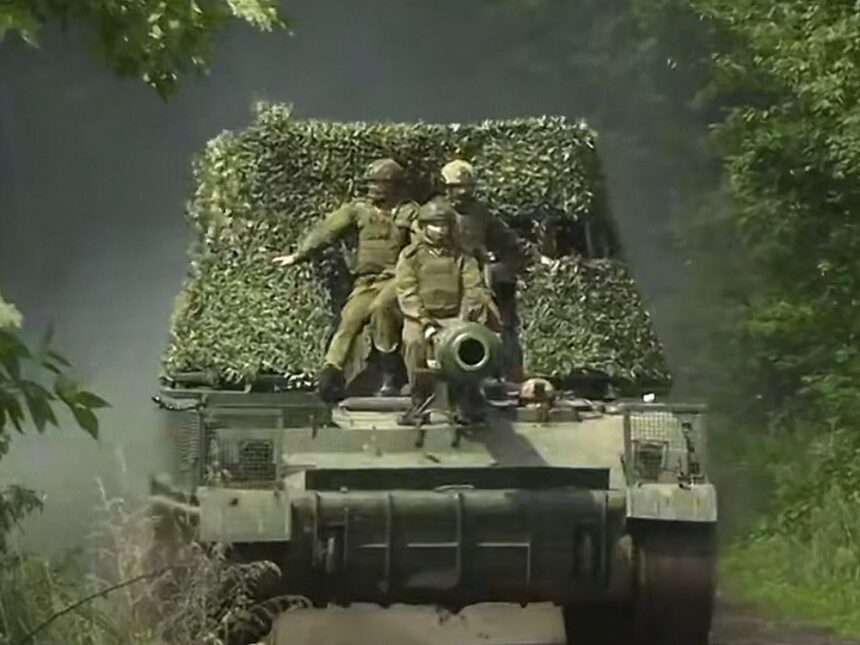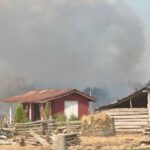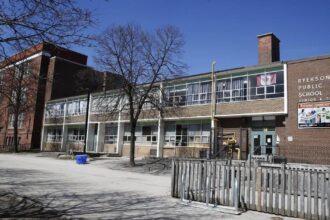In a landmark decision that highlights the evolving landscape of Canada’s refugee protection system, an Afghan family previously settled in Russia has been granted the opportunity to remain in Canada after successfully arguing they faced conscription threats and systematic extortion in their former country of residence.
The Immigration and Refugee Board of Canada ruled in favor of the family after determining that returning them to Russia—where they had lived for over two decades—would expose them to serious dangers amid the ongoing Ukraine conflict and growing hostility toward Central Asian migrants.
“This case represents the complex intersection of multiple displacement factors that refugees increasingly face in our interconnected world,” said immigration lawyer Samantha Chen, who was not directly involved in the case but has handled similar files. “Many asylum seekers today aren’t just fleeing their home countries but also subsequent countries of settlement that have become hostile.”
The family, whose identities remain protected under privacy regulations, originally fled Afghanistan in the late 1990s during Taliban rule. After establishing lives in Russia, they found themselves caught in a dangerous predicament when Moscow intensified military conscription efforts following the invasion of Ukraine in 2022.
Court documents reveal that the family patriarch faced escalating pressure to join Russian forces, while simultaneously being subjected to what the board described as “systematic extortion” by police targeting Central Asian migrants. The family arrived in Canada in 2022 and immediately filed for refugee protection.
“What makes this case particularly significant is the board’s recognition that Russian authorities’ treatment of Central Asian residents has deteriorated significantly since the Ukraine war began,” noted Dr. Elena Mikhailova, a specialist in post-Soviet migration at the University of Toronto. “This creates a double vulnerability for people who were already displaced once before.”
The decision comes as Canada’s refugee system faces increased scrutiny over processing times and eligibility criteria. Government data shows asylum claims have reached record levels, with over 140,000 pending cases as of early 2024.
Immigration Minister Marc Miller has previously acknowledged the challenges facing the system but maintained that Canada remains committed to its humanitarian obligations. “Our refugee determination system continues to provide protection to those genuinely in need while maintaining the integrity of our immigration programs,” Miller stated during a recent press conference.
For advocacy groups, this case represents an important precedent. “This decision recognizes that refugee protection isn’t just about the original country of nationality,” said Omar Rahman of the Canadian Council for Refugees. “It acknowledges that persecution can arise in countries of temporary settlement, especially during times of conflict.”
The family will now have the opportunity to apply for permanent residency, joining approximately 500,000 other Afghans who have resettled in Canada since 2001. Their journey reflects the complicated global refugee crisis, where individuals often face multiple displacements before finding permanent safety.
As Canada continues to navigate its role in international protection, cases like this raise important questions: How should our refugee system adapt to recognize the increasingly complex patterns of displacement that characterize modern migration flows? And what responsibility do we bear to those caught between multiple unsafe countries in an increasingly unstable world?






















